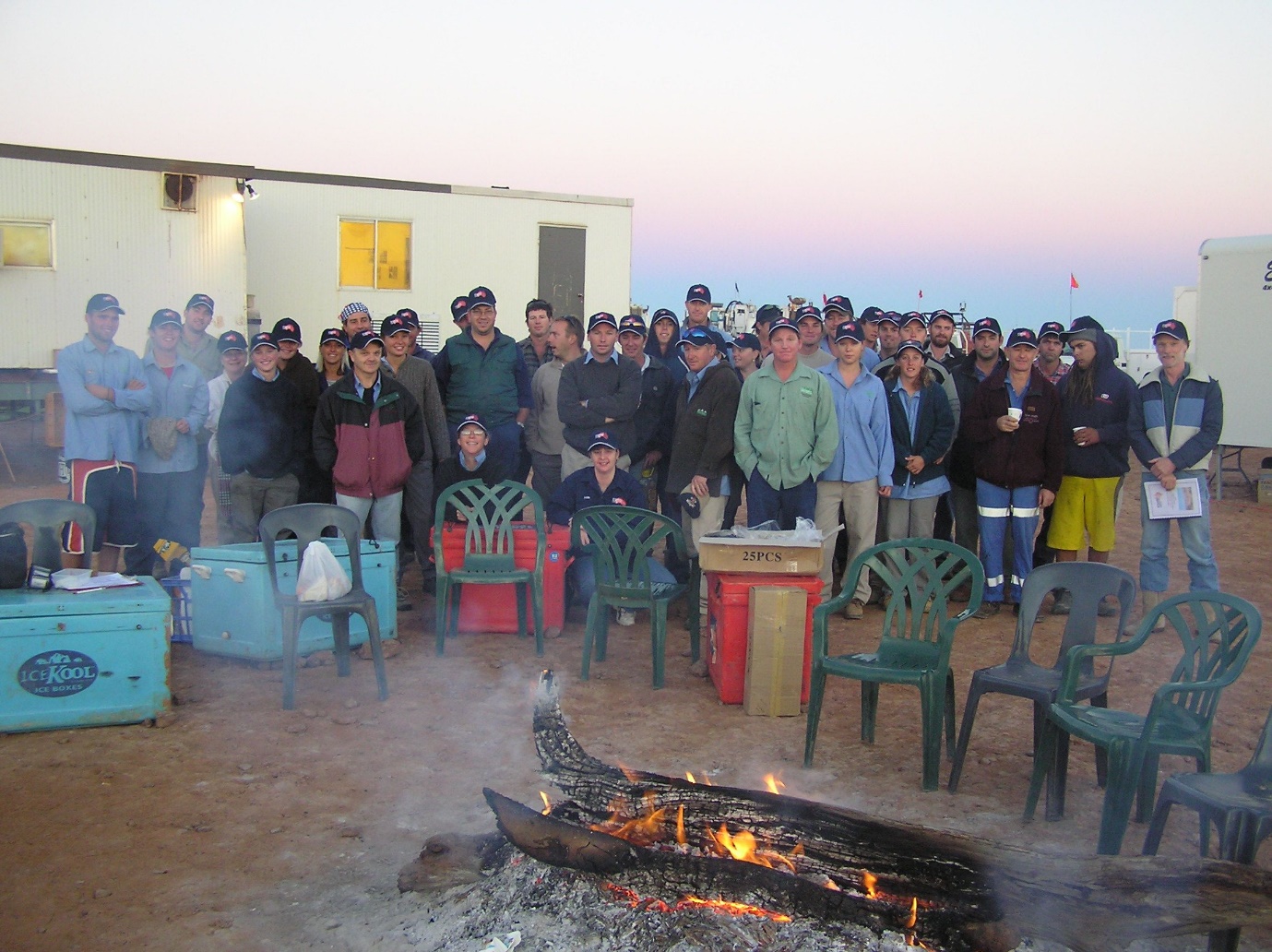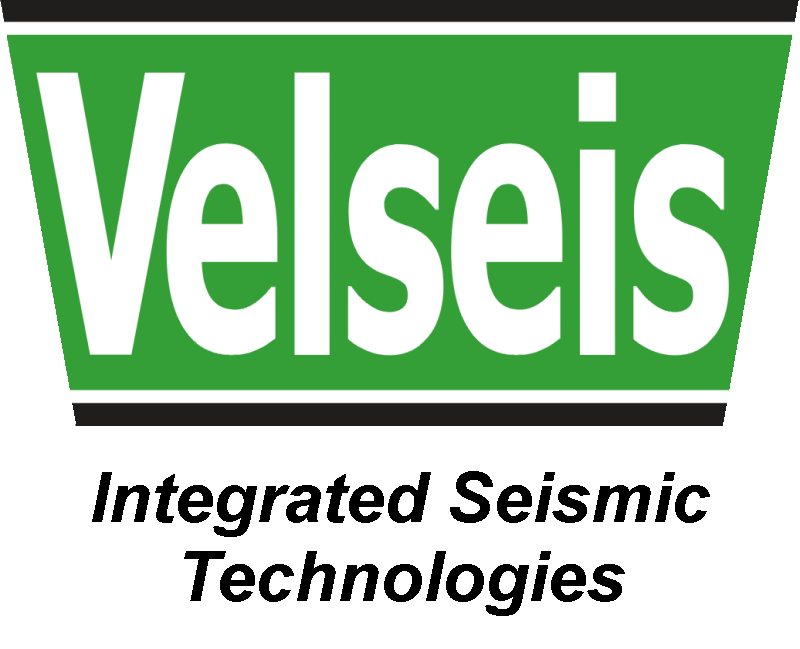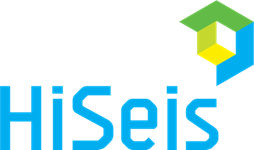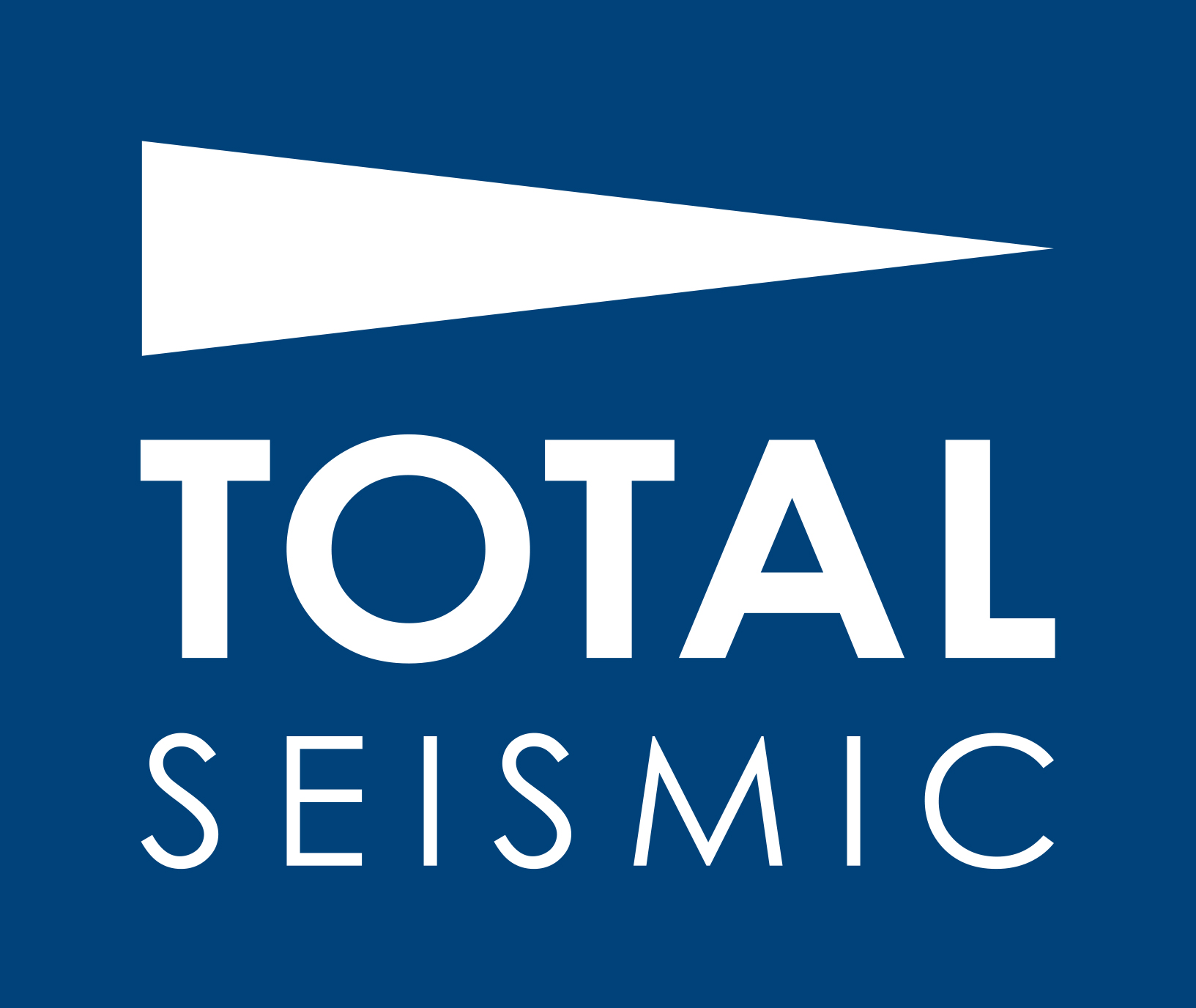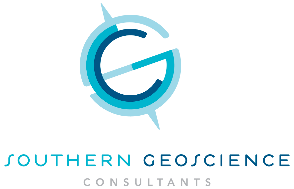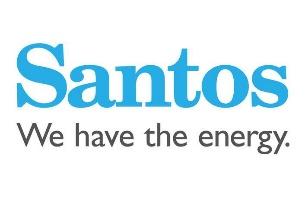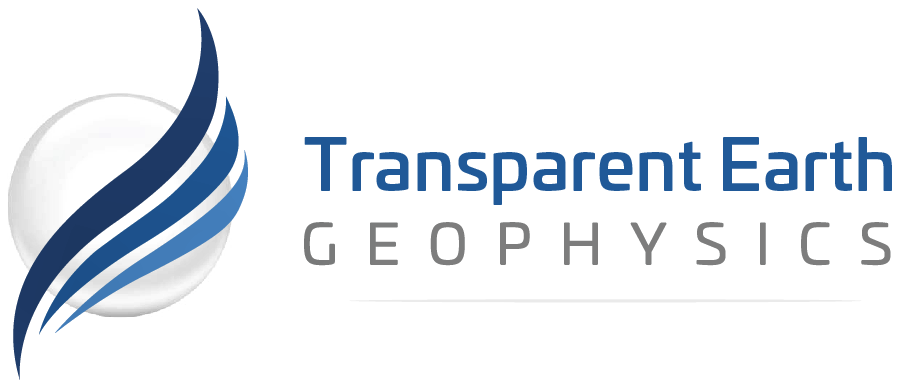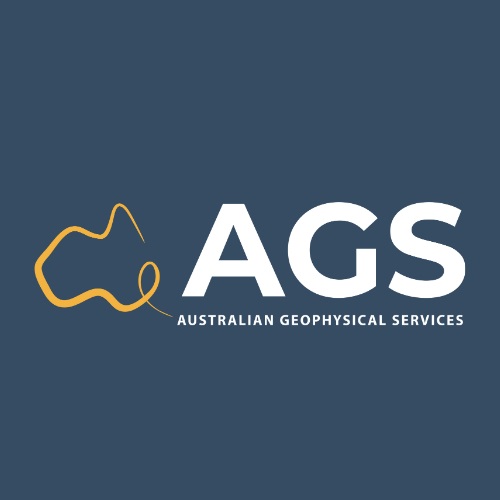|
|||||||||||||||||||||||||||||||||||||||||||||||||||||||||
| . | |||||||||||||||||||||||||||||||||||||||||||||||||||||||||
Read the latest Preview article for more information. CODES short course - Ore Deposit Geochemistry, Hydrology and GeochronologyThe CODES Ore Deposit Geochemistry, Hydrology and Geochronology short course will run this year over two separate weeks:
The short course for 2021 is fully online and occur between 9am - 6pm AEDT. The flyer for the short course can be found here. here will be a one-day symposium (June 1) on exploration and research applications of magmatic indicator minerals for magmatic and hydrothermal ore deposits. The detailed flyer for the symposium can be found here. CODES welcome your attendance for the one-day symposium or for the full course (which includes the symposium). EAGE dates announced & call for abstractsThe European Association of Geoscientists and Engineers (EAGE) together with Vietnam Association of Engineering Geologists (VAEGE) and PetroVietnam University (PVU) as the Co-Organizers are proud to announce that the 4th edition of Asia Pacific Meeting on Near Surface Geoscience and Engineering (NSGE) will take place in Ho Chi Minh City, Vietnam from 30 November - 2 December 2021. Abstract Submission is open and will close 31 May 2021. For more information visit the EAGE website. SEGJ International symposium dates announced & call for short abstracts.Since 1990, the SEGJ International Symposium has provided unique opportunities to share fundamental ideas and the latest advances in applied geophysics, and to expand and deepen interdisciplinary networks. In this year, the 14th SEGJ International symposium was scheduled to be held at Hokkaido University. However, considering the difficult situation due to COVID-19, we have decided to hold the symposium by ONLINE. We hope many people use this event to share your knowledge, research, and great ideas with geoscientists all over the world. Short abstract submission is open and will close 31 March 2021. More information visit the SEGJ website. Science WeekNational Science Week 2021 will run from 14 to 22 August with a school theme of Food: Different by Design, marking the United Nations International Year of Fruits and Vegetables and the International Year of Creative Economy for Sustainable Development. Subscribe to Questacon's Science Week newsletter to receive information about state and territory event grant rounds as they open. L'Oreal-UNESCO For Women in Science Fellowships - closes Monday 1 MarchApplications are open for five $25,000 L'Oreal-UNESCO For Women in Science Australia & New Zealand Fellowships: four for Australia, one for New Zealand. To be eligible, applicants must be women within five years of their PhD (not including career breaks) for research at an Australian or New Zealand academic or research institution. Prime Minister's Prizes for Science - closes Tuesday 9 MarchPrime Minister's Prizes for Science: nominations for the seven prizes with a total prize pool of $850,000 are open:
Entries close Tuesday 9 March at 5.00pm AEDT. Science and innovation prizes information here; science teaching prizes information here. See past winners here.
Follow our social media pages to stay up-to-date with the latest talks. Past talks can be found on the ASEG Videos Page. Recommend a talk suggestion? Email communications@aseg.org.au. ASEG Webinars
Branch upcoming events COVID19 has impacted in-person state branch activity for some branches. Information for ASEG Branch events are updated on ASEG website.
For a more complete calendar of events see Preview
ASEG members can access Exploration Geophysics articles free of charge by logging into the ASEG website and navigating to Professional > Publications > Exploration Geophysics. Hi all EG readers, As I sit here in a COVID induced lock-down, I do wonder if this year will be any different from 2020. However, we have had quite a few papers come in recently and it has been enlightening to read about the latest in geophysics; it does take my mind off the lockdown. As such, I recommend that you have a look at the latest papers published online in Exploration Geophysics to see what is the latest in the geophysics world. Check out the paper by Andrea Viezzoli and co-authors on scanning of AEM data for IP effects. Or for something a bit different you can venture into Issue 1 for the year and have a look at the paper on investigating an ancient wooden shipwreck, by Young-Jun Kim and co-authors. Cheers, Dr Mark Lackie Exploration Geophysics Editor
A reminder that the February issue of Preview is available online www.aseg.org.au/publications/PVCurrent
Proposed contributions for future issues can be submitted by email to the editor at previeweditor@aseg.org.au Lisa Worrall Preview Editor
Leslie Atkinson, a geophysicist of many talents, is in the Spotlight this week. She is the Secretary on the ASEG Federal Executive and Principal Analyst at Energy Quest.
I have been a geophysicist for just over 30 years, working in oil and gas exploration. I have worked in a multitude of roles in Exploration and Development, in listed companies, private consultancy and government organisations. Although I am not currently working directly with geophysics, I use my analytical knowledge and background gained in my geophysical roles in my daily work, and try to keep up with the ever-changing industry. I love the opportunity to find solutions to the everyday problems that face explorationists on a daily basis. The thrill of a successful well or having an 'ah-ha' moment when all the data falls into place is fantastic. We often work on projects for a long time, so that final success can be very uplifting. The colourful maps we get to make are just a bonus.
Leslie looking at home behind the wheel of a seismic vibrator truck. Photo: Leslie Atkinson Probably a Geneticist. In my third year at Uni I had to decide on my second major subject to finish my Maths Science degree. I couldn't decide between Geology and Genetics, so I chose to do both. I was very interested in Cytogenetics and Population Genetics. Fortunately, Geophysics won out in the end. I find the best way to approach interviews is to just be yourself. I feel that too much effort to try to impress can often be seen as disingenuous and can be a negative. Show your real self and let them see the character they will potentially be hiring. And don't be afraid to give yourself time to think before responding to the question. I have 15 years' experience as a motorsport fire marshal and have officiated at 10 Grands Prix. I am still involved in motorsport as a trackside flag marshal. I love a good crime or detective suspense so currently I am reading Michael Connelly’s "The Drop". A trusty Harry Bosch classic where he gets caught up in police force bureaucracy "high jinx", but in true Harry style, he won't compromise the truth to appease the powers that be. I have also just finished a book by Hans Rosling called "Factfulness - Ten reasons we're wrong about the world, and why things are better than you think". An absolutely fantastic and thought provoking read that puts the world in a completely different perspective.
Leslie analysing seismic data with two of her colleagues. Photo: Leslie Atkinson I have always been fascinated with volcanoes and earthquakes. After doing a report on volcanoes at Uni, I was hooked. Geophysics was a way I could incorporate my maths background into the fascinating world of rocks, volcanoes and earthquakes. Apart from motorsport and reading, I enjoy troupe dance at a local dance school. I dance with a group of other dance mums and we have a ball doing tap, jazz and contemporary styles of dance. And yes, we do perform at the twice-yearly dance concert. I also like to restore old timber furniture and have a number of pieces I have brought back to life. Usually, a blank stare and then I get asked "What is a geowhatacist?" Or sometimes I get "Wow! You must be really smart". Generally, I just tell them that I am a like Geologist, but I use the physical properties of the rocks. Somehow, we need to get through to the public that we are not just raping and pillaging the earth. It is not all about fossil fuels and CO2. There are some really useful things that geophysics can provide for us all. The understanding of what is happening in the earth, from the prediction of earthquakes and possible volcanic eruptions, through to the discovery of ancient civilisations and support in the solving of crimes. All these facets are part of the geophysical community that the general public has little knowledge of. Plus, the continued discovery of the minerals to build, and the gas to help support, renewable energies are still vital to our society. I don't think AI will completely take over the human element in exploration. AI is becoming more and more important in exploration outcomes as projects become smaller, more complex and difficult to define. However, I believe the innovation of the human mind is still far superior to AI. AI may be used to do a lot of the computational grunt work, but I still believe the human aspect is a vital component to good outcomes in exploration.
The New Zealand seismic crew, putting sun safety first. Who can spot Leslie? Photo: Leslie Atkinson
|
|||||||||||||||||||||||||||||||||||||||||||||||||||||||||
|
|||||||||||||||||||||||||||||||||||||||||||||||||||||||||
|
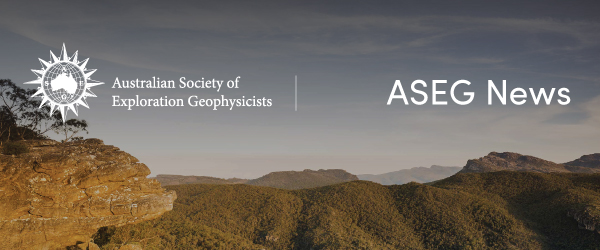








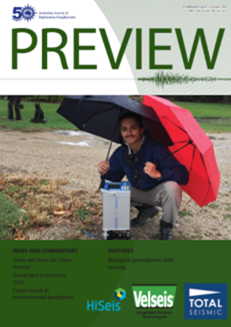 In this issue of Preview Roger Henderson entertains us with an article on "Biological geomagnetic field sensing". However, David Denham (Canberra observed) brings us back to earth with a bump by opining that a New Normal in 2021 is just not possible. He knocks another nail in the coffin by reminding us that government expenditure on R&D in Australia is woefully inadequate. Our new Associate Editor for Education Marina Pervukhina (Education matters) offers those of us uncertain about our future a ray of hope in terms of opportunities available for up-skilling or re-skilling. Mike Hatch (Environmental geophysics) surveys some of his colleagues about the state of play in environmental geophysics and makes some bold predictions. Terry Harvey (Mineral geophysics) reflects on the impact of the Australian land surface on geophysical survey design. Mick Micenko (Seismic window) considers the application of seismic methods to hard rock terrains. Tim Keeping (Data trends) revisits point gridding with some handy code, and Ian James (Webwaves) guides us through accessing cached webpages.
In this issue of Preview Roger Henderson entertains us with an article on "Biological geomagnetic field sensing". However, David Denham (Canberra observed) brings us back to earth with a bump by opining that a New Normal in 2021 is just not possible. He knocks another nail in the coffin by reminding us that government expenditure on R&D in Australia is woefully inadequate. Our new Associate Editor for Education Marina Pervukhina (Education matters) offers those of us uncertain about our future a ray of hope in terms of opportunities available for up-skilling or re-skilling. Mike Hatch (Environmental geophysics) surveys some of his colleagues about the state of play in environmental geophysics and makes some bold predictions. Terry Harvey (Mineral geophysics) reflects on the impact of the Australian land surface on geophysical survey design. Mick Micenko (Seismic window) considers the application of seismic methods to hard rock terrains. Tim Keeping (Data trends) revisits point gridding with some handy code, and Ian James (Webwaves) guides us through accessing cached webpages. 

